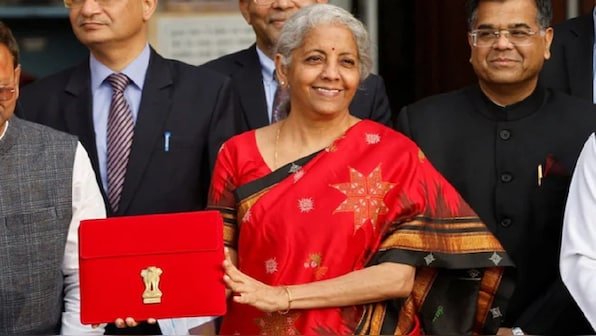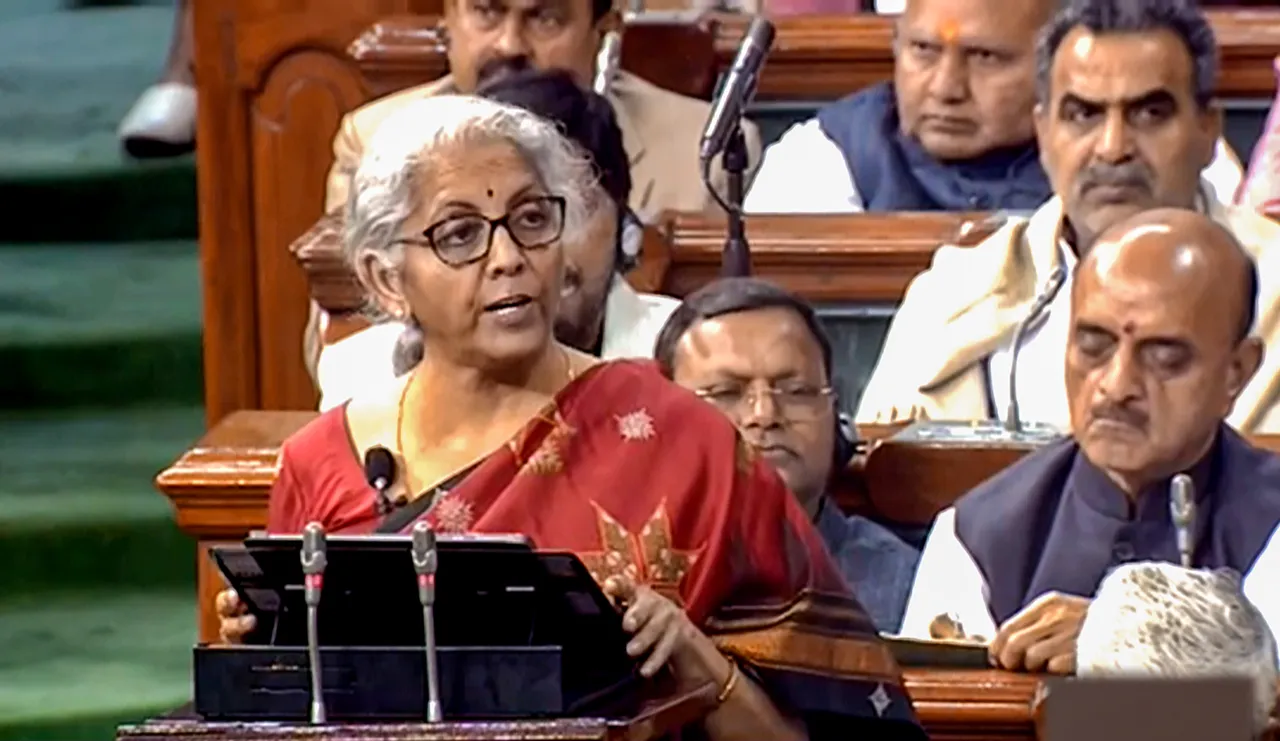HT Digital
July 23, Tuesday: Finance Minister Nirmala Sitharaman has presented the Union Budget 2024, marking a significant moment for India’s economic landscape. The budget focuses on various key areas including fiscal policy, economic growth, and sectoral allocations aimed at driving national development.
In her address, Sitharaman highlighted the government’s commitment to enhancing infrastructure, supporting small and medium enterprises, and addressing social welfare programs. Key proposals include increased funding for healthcare and education, tax reforms to boost economic activity, and incentives for sustainable development.
Live updates from the budget session reveal the government’s strategic focus on improving economic stability and growth amidst global uncertainties. Key announcements also include measures to support rural development and digital transformation.
Infrastructure Development: Increased allocation for infrastructure projects, including roads, railways, and urban development.
Healthcare Funding: Enhanced funding for public healthcare initiatives, aiming to improve access and quality of medical services.
Education Investment: Additional resources allocated for educational institutions, including schools and universities, with a focus on digital learning and skill development.
Tax Reforms: Introduction of new tax incentives for small and medium enterprises (SMEs) and streamlined tax compliance processes.
Rural Development: Boost in funding for rural development programs, including support for agriculture and rural infrastructure.
Sustainable Development: New initiatives aimed at promoting green energy and environmental sustainability, including subsidies for renewable energy projects.
Social Welfare: Expansion of social welfare schemes to support underprivileged communities, including enhanced benefits for low-income families.
Economic Stimulus: Measures designed to stimulate economic growth, including subsidies for key industries and incentives for foreign investment.
Digital Transformation: Investments in digital infrastructure to support technological advancements and improve public service delivery.
Fiscal Policy Adjustments: Revisions to fiscal policies to manage national debt and ensure economic stability amidst global challenges.







